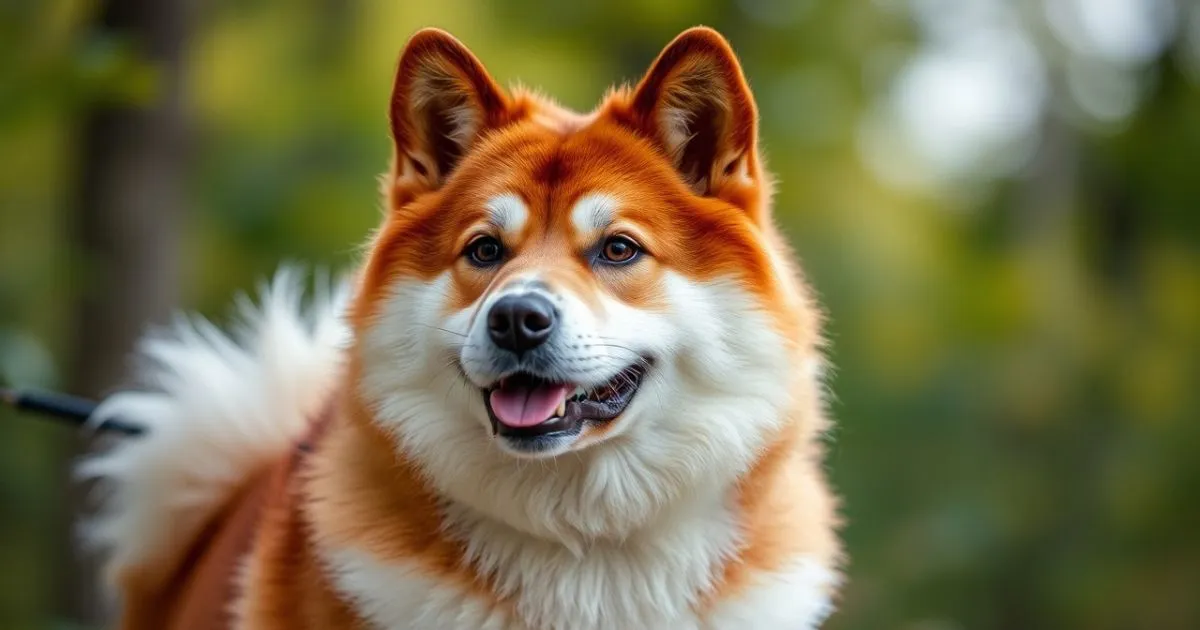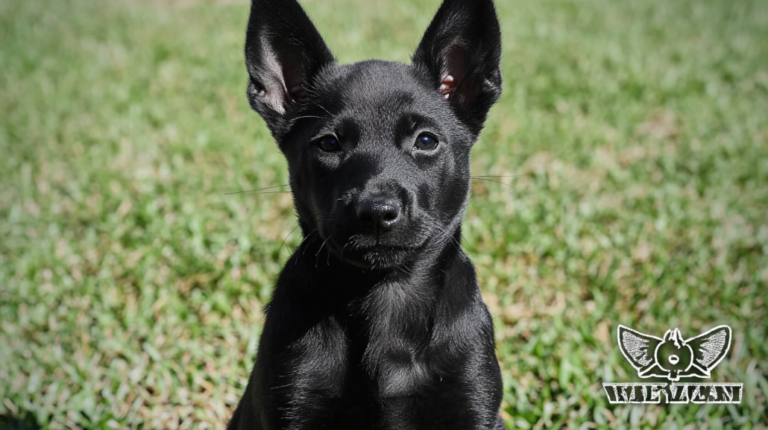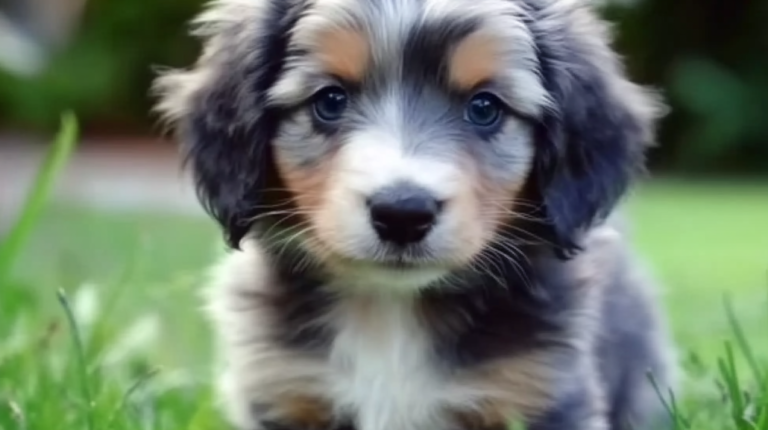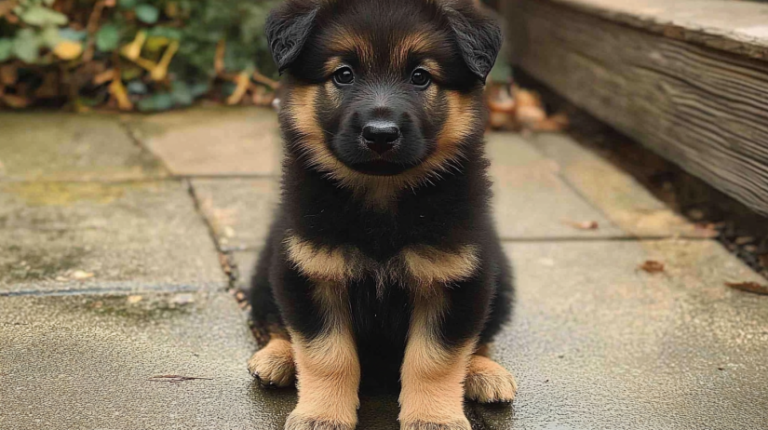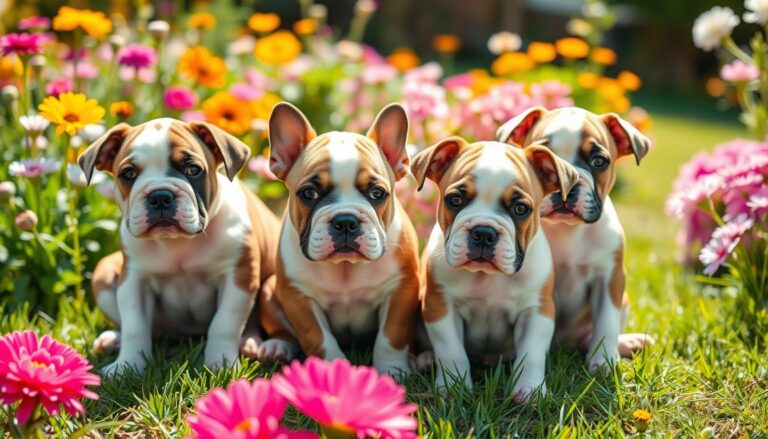The Japanese Akita: A Loyal Companion with a Rich Heritage
Have you ever seen a Japanese Akita? They have a majestic presence and powerful eyes. This breed is more than a dog; it’s a symbol of loyalty and a deep bond between humans and animals. Akitas are beloved worldwide for their devotion and unique presence.
Imagine having a companion who stands by your side through everything. They guard you with silent strength. That’s what a Japanese Akita is. We’ll explore what makes this breed special, from its history in Japan to its role in today’s
Here’s an overview of the Japanese Akita dog in a table format:
| Attribute | Details |
|---|---|
| Official Name | Akita Inu |
| Common Name | Japanese Akita |
| Pet Height | 24 to 28 inches (61 to 71 cm) |
| Pet Weight | 70 to 100 pounds (32 to 45 kg) |
| Lifespan | 10 to 15 years |
| Smartness Level | Highly intelligent |
| Engagement in Play | Moderate |
| Human-Friendly | Loyal but reserved with strangers |
| Animal-Friendly | Can be aggressive to other pets |
| Favorite Food | High-quality dog food, fish, rice |
Table of Contents
A Brief History of the Japanese Akita
Origins in Ancient Japan
The Japanese Akita’s story starts in Japan’s mountains. It was bred to hunt big game like bears and wild boar. This breed was valued by samurai and nobility for its loyalty and bravery.
In ancient times, the Akita was more than a hunting dog. It was a guardian of families and a protector of homes. This made it special in Japanese culture.
Symbol of Loyalty and Protection
In Japanese culture, the Akita represents loyalty, strength, and protection. Families often give Akita statues to wish each other good health and fortune. The breed has been featured in traditional art and literature as a noble spirit.
The most famous Akita is Hachiko. He waited at a train station for over nine years after his owner passed away. This story shows the deep bond between people and Akitas, based on mutual respect and devotion.
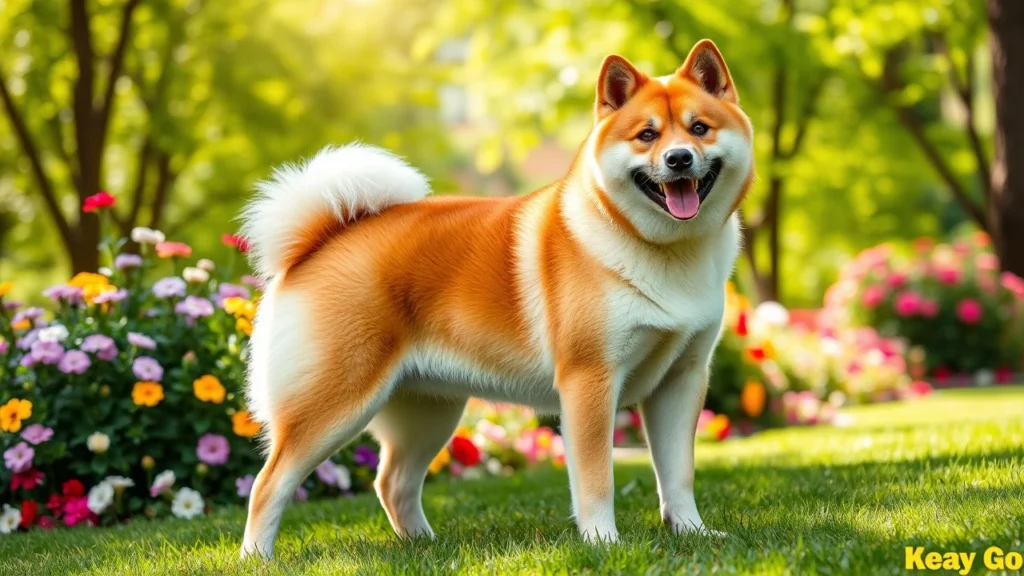
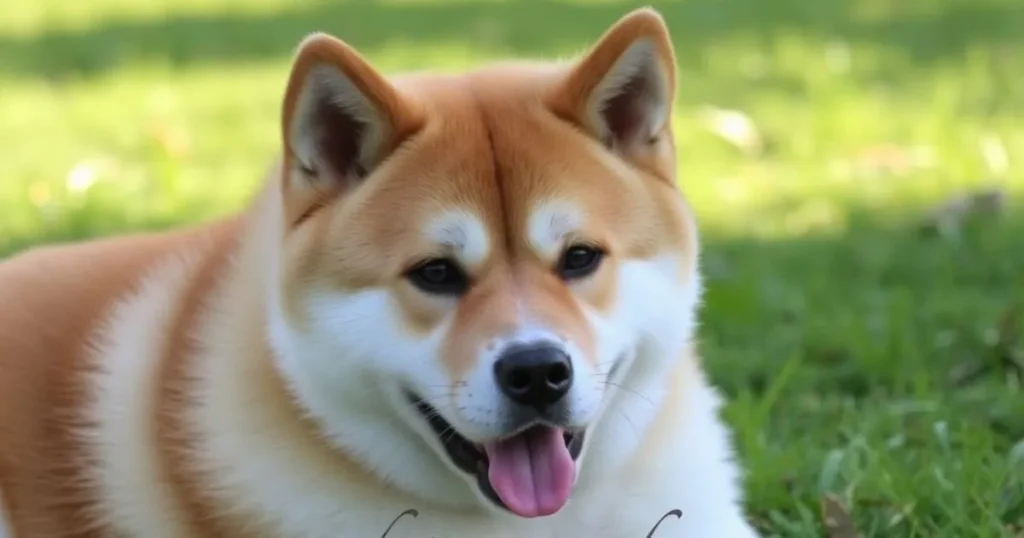
Characteristics of the Japanese Akita
Physical Appearance
Japanese Akitas are striking. They have a strong, muscular build and weigh between 70 and 100 pounds. Males are slightly larger than females.
They have a dense double coat in red, brindle, and white. Unlike American Akitas, Japanese Akitas stick to these classic colors. Their upright ears, dark almond-shaped eyes, and curled tail give them a noble look.
| Feature | Japanese Akita | American Akita |
|---|---|---|
| Weight | 70-100 lbs | 80-130 lbs |
| Height | 24-28 inches | 26-28 inches |
| Coat | Dense double coat | Thick double coat |
| Color Variants | Red, brindle, white | Variety, including black |
Temperament and Behavior
The Japanese Akita’s personality is as impressive as its looks. They are loyal and brave. They form strong bonds with their families, showing protectiveness.
But they can be reserved around strangers. This might seem aloof to some. Yet, for those who know them, this independence is charming. Akitas are intelligent and trainable but can be strong-willed, needing confident owners
Lifespan and Health Concerns
With proper care, Japanese Akitas live 10 to 15 years. They may face health issues like hip dysplasia, hypothyroidism, and eye disorders. Regular vet visits are key to catching these early.
It’s wise to test Akitas for genetic conditions, if you’re getting a puppy from a breeder.

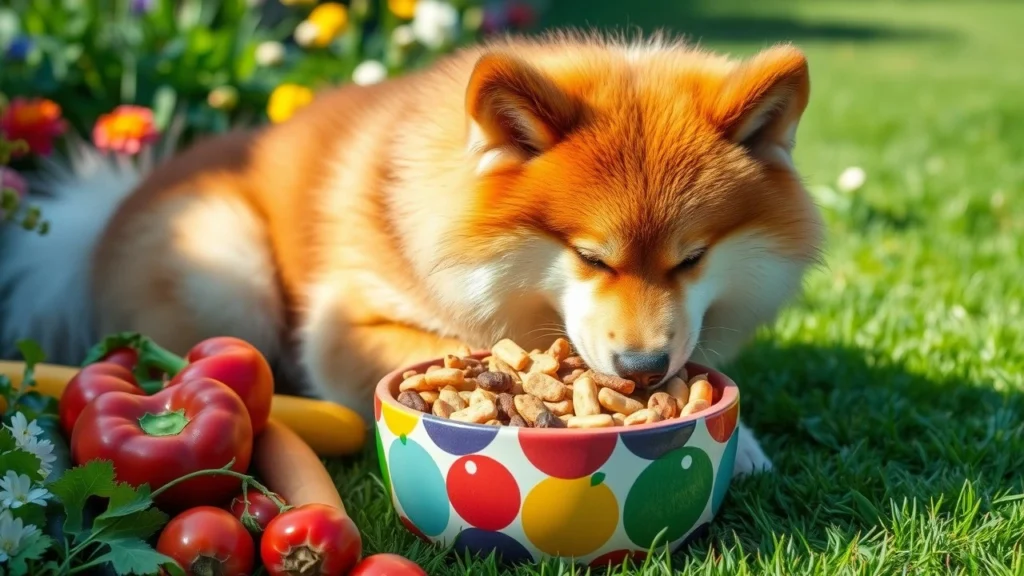
Caring for a Japanese Akita
Diet and Nutrition
A healthy diet is vital for your Akita’s health. They need high-quality protein and a balanced mix of vitamins and minerals. Choose dog food with meat as the first ingredient, avoiding corn or soy.
Because they can gain weight easily, portion control is crucial. Give them two meals a day and ensure fresh water is always available.
Grooming Needs
Akitas shed moderately year-round and heavily during shedding seasons. Regular grooming is essential. Brush them at least once a week to remove loose fur and reduce shedding.
Other grooming tasks include nail trimming, ear cleaning, and dental care to prevent infections.
Exercise and Mental Stimulation
Japanese Akitas are active dogs that need regular exercise to stay healthy and happy. They love daily walks and playtime. A fenced yard is great for them to run around.
Akitas are also smart dogs that need mental stimulation. Interactive toys and puzzle feeders keep their minds sharp. This prevents boredom and makes them well-behaved.
Japanese Akita as a Family Pet
Bond with Owners and Children
Akitas form deep bonds with their owners and are gentle with children. But, they are big and strong, so supervision is key. Early socialization helps them be calm and friendly around kids and other pets.
When introduced right, Akitas are great family dogs. They bring loyalty and security to their homes.
Socialization and Training Needs
Socializing Akitas is crucial because they can be wary of strangers. Start early, exposing them to different people and animals. Akitas are smart and respond well to positive training.
Teach them basic commands like “sit,” “stay,” and “come.” Be patient, as they can be independent. But with consistent training, they are highly trainable.
The Japanese Akita in Popular Culture
Hachiko – A Story of Loyalty
Hachiko’s story is a perfect example of an Akita’s loyalty. He waited for his owner at Shibuya train station every day for nine years after his owner’s death. Today, a statue of Hachiko stands at Shibuya Station, symbolizing loyalty and dedication.
This story has inspired many books, movies, and tributes worldwide. It has made Hachiko a legend and solidified the Akita’s reputation for loyalty.
FAQ About the Japanese Akita
Q1: Are Japanese Akitas good with children?
Akitas can be wonderful family dogs. But, early socialization and supervision are important for safe interactions, mainly with young children.
Q2: Do Japanese Akitas require a lot of exercise?
Yes, Akitas need regular exercise to stay healthy. A mix of walks, playtime, and mental challenges will keep them happy.
Q3: Are Japanese Akitas and American Akitas the same breed?
While they share origins, Japanese Akitas and American Akitas are different. Japanese Akitas have narrower color ranges and are generally smaller.
Q4: What health issues are common in Japanese Akitas?
Japanese Akitas can have hip dysplasia, thyroid issues, and eye problems. Regular vet checkups and health screenings are key to catch issues early.
Conclusion
Japanese Akitas are remarkable companions with a noble history and unmatched loyalty. They offer protection and love to their families. Owning an Akita is more than having a pet; it’s welcoming a loyal friend.
If you’re ready to invest time in training, socialization, and care, an Akita could be the perfect addition to your family. They bring joy and security to your life.

